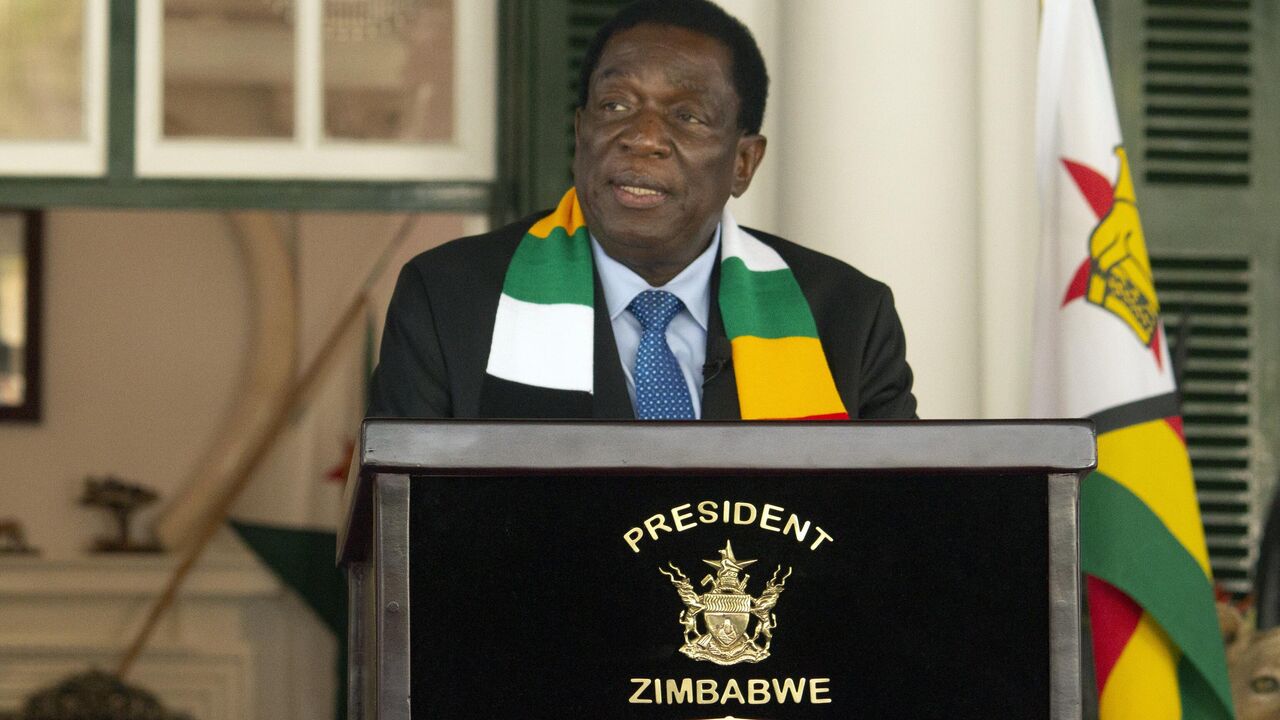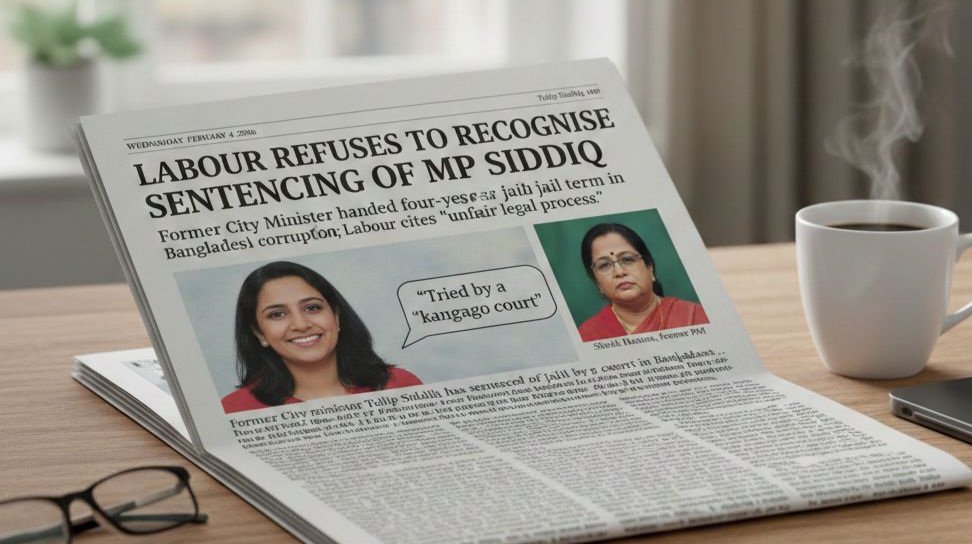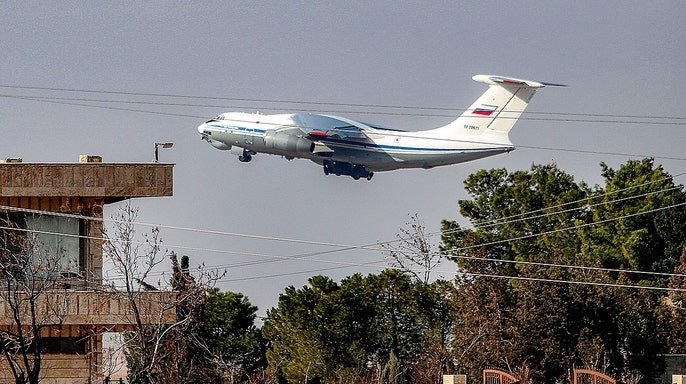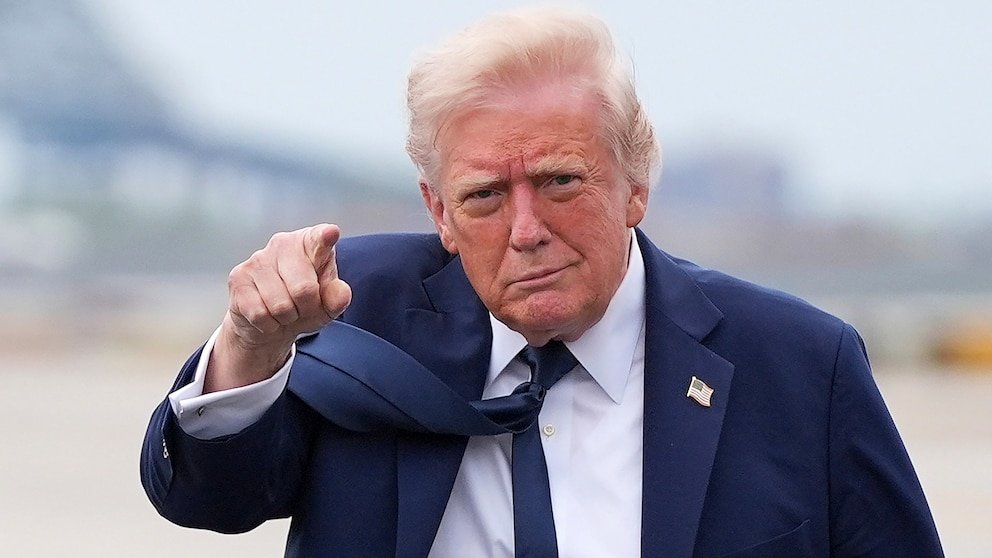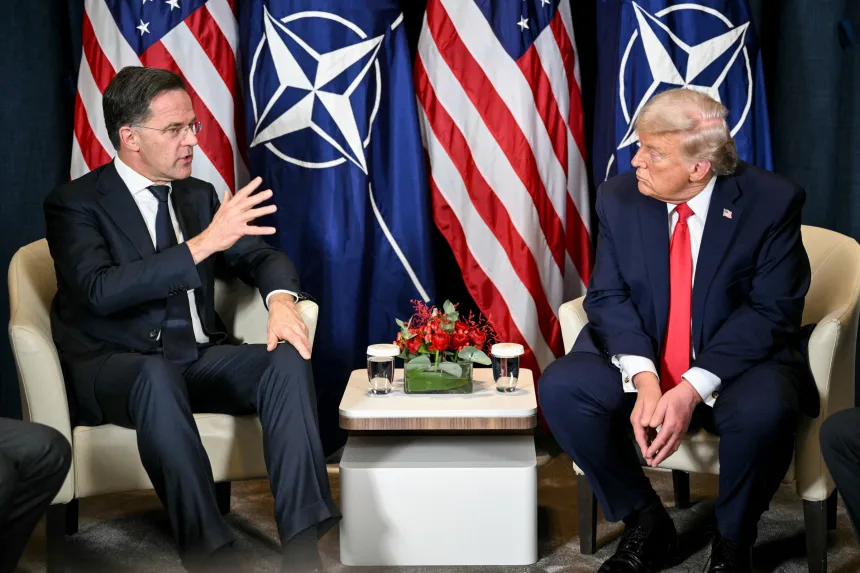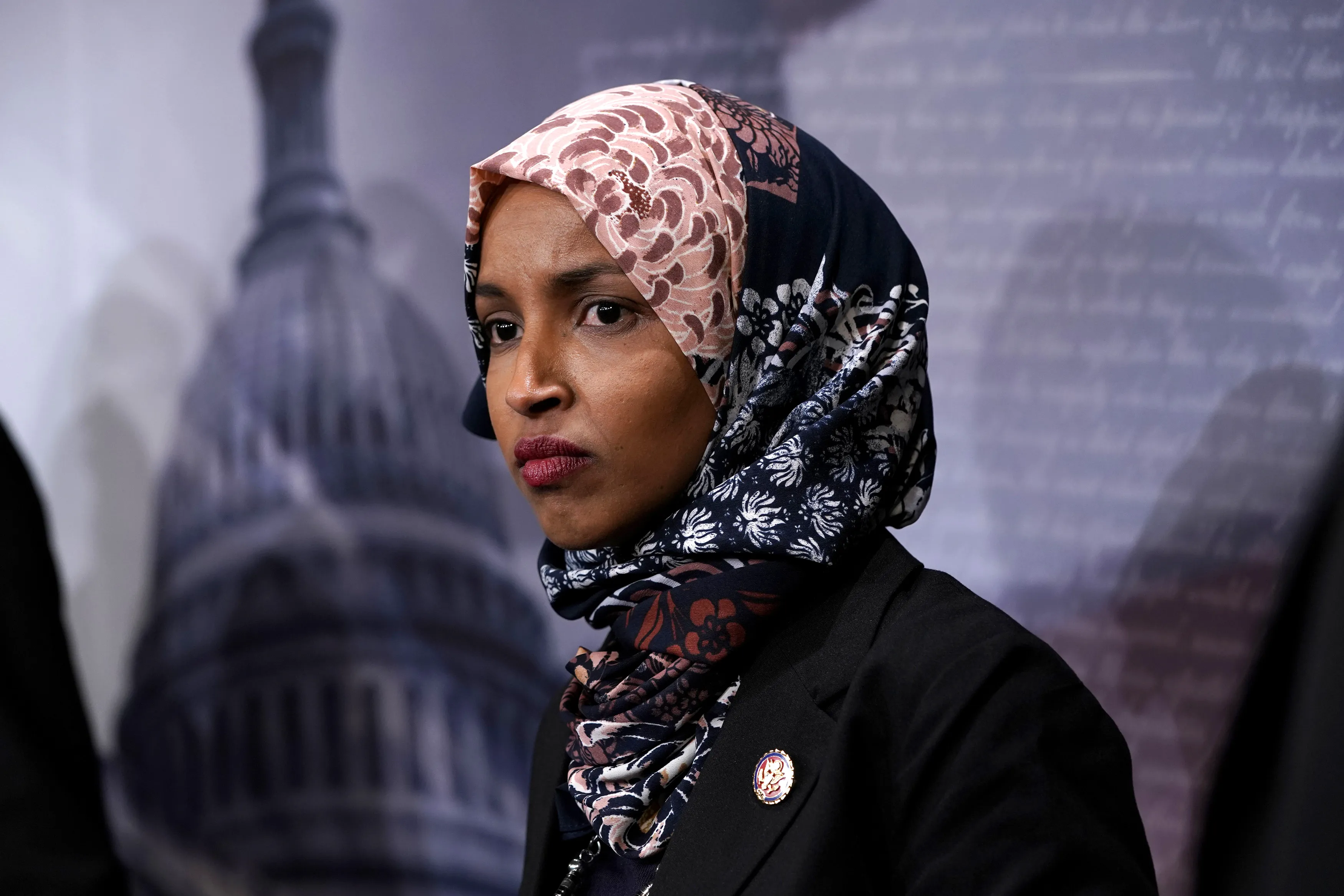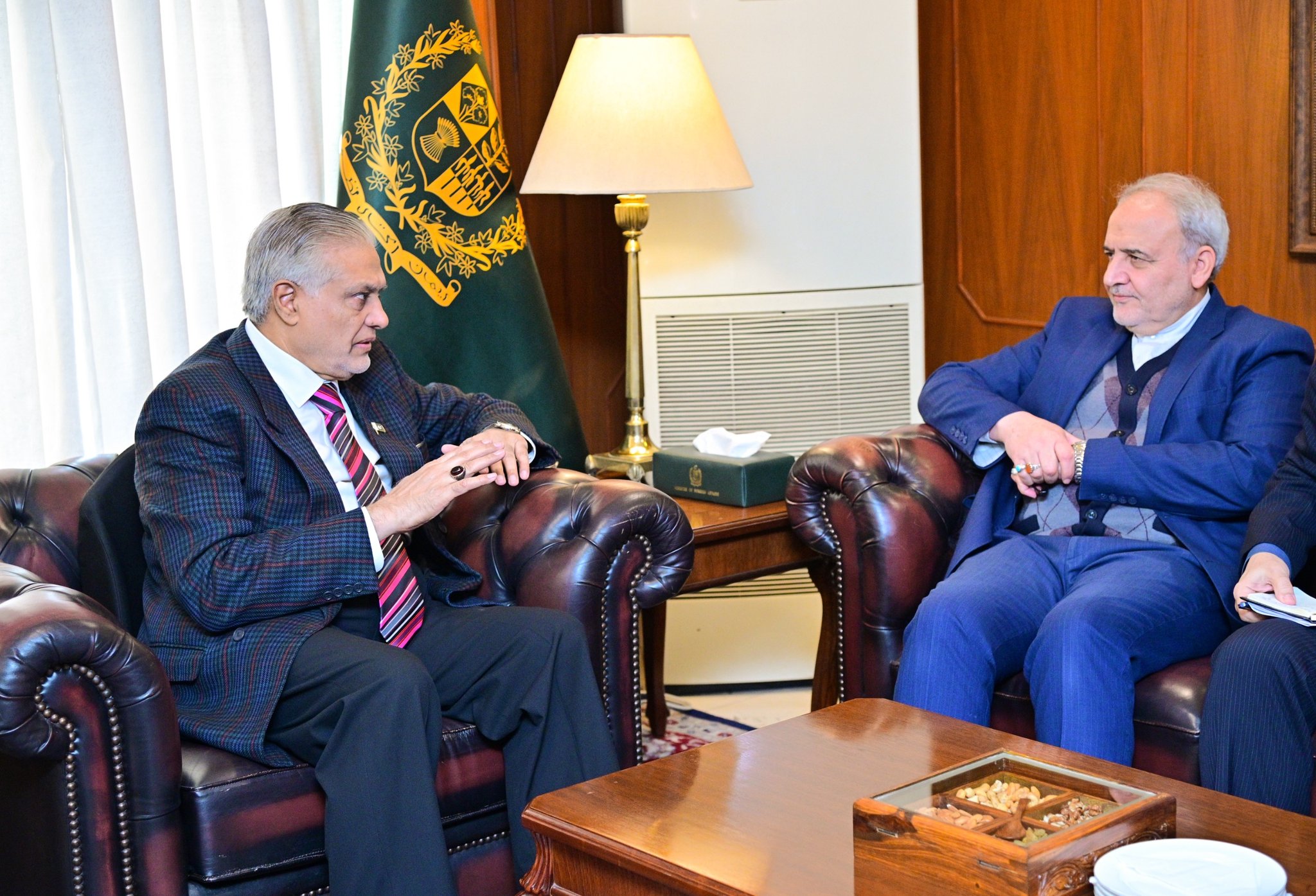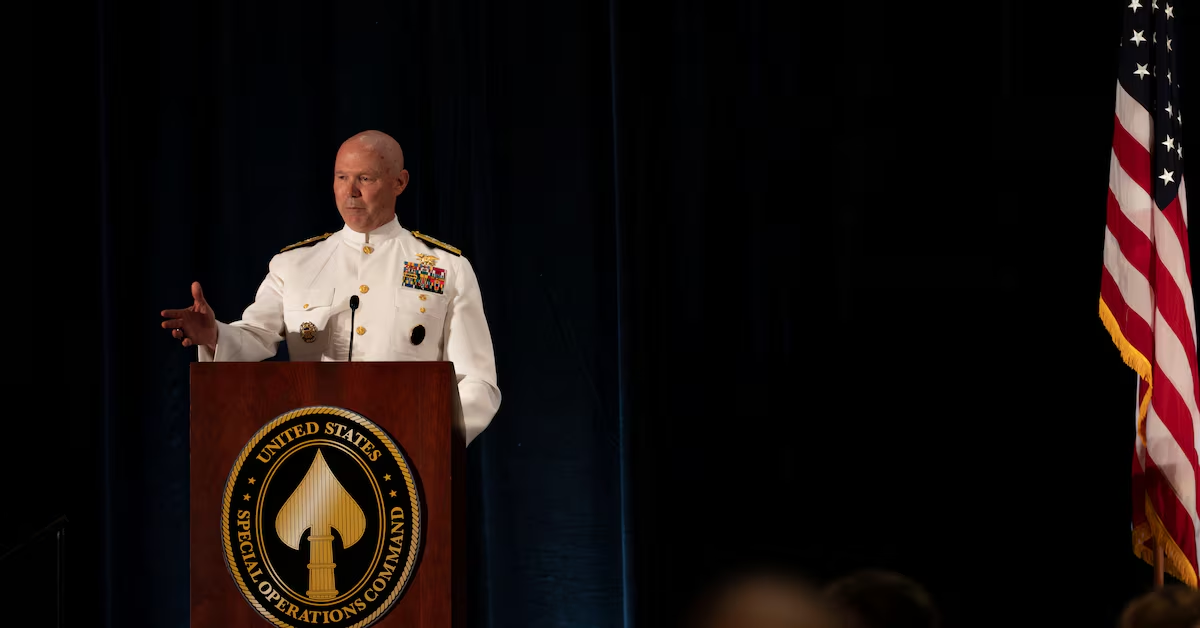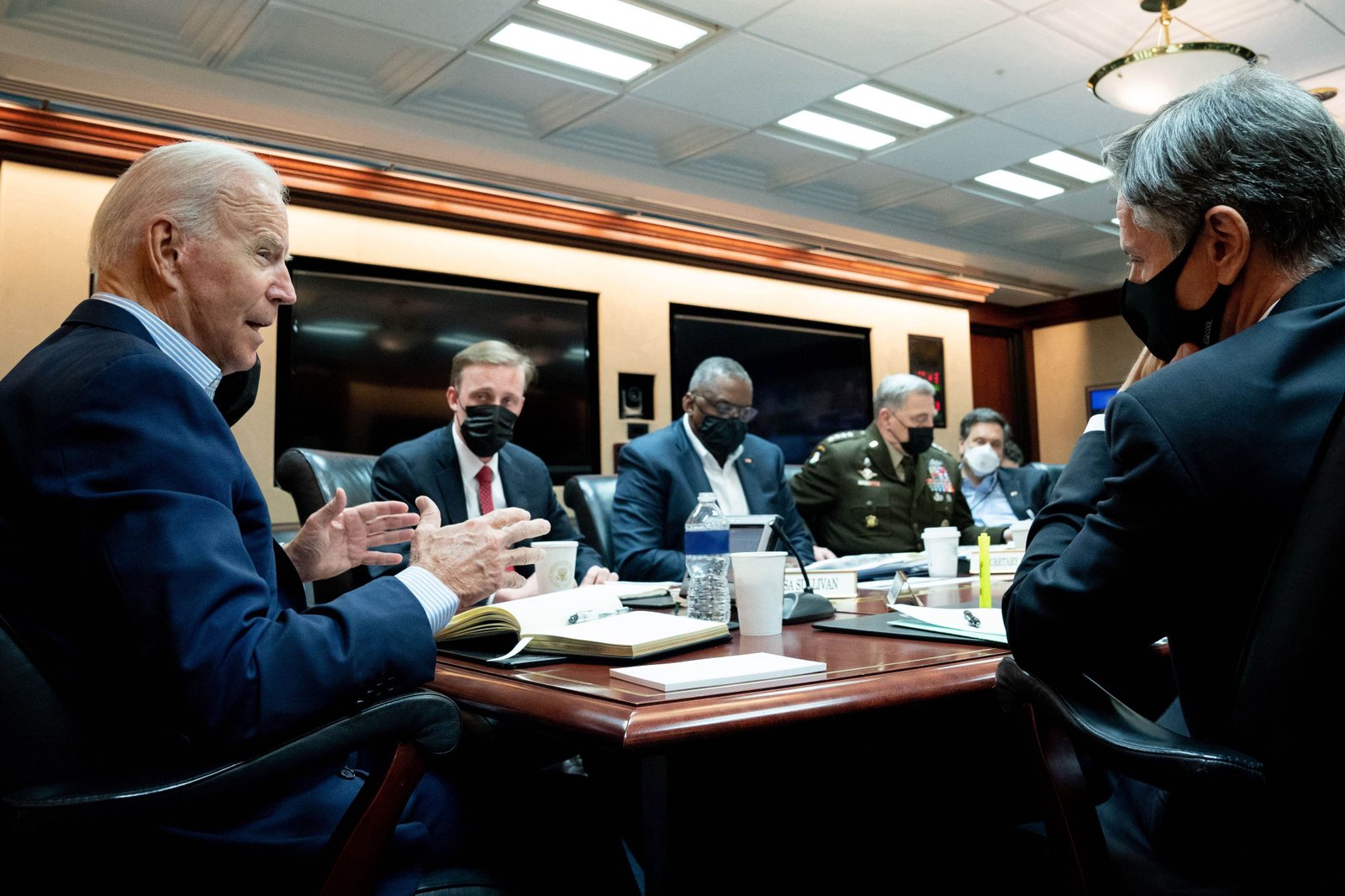New Chapter of Political Instability in Zimbabwe: President Emerson Mnangagwa Faces Pressure to Resign
President Emerson Mnangagwa of Zimbabwe is currently facing the greatest threat to his rule. The internal divisions that have emerged regarding his tenure before the 2028 general elections are putting pressure on him to resign. In particular, there has been resistance within his party to his desire to remain in power beyond 2028.
New Chapter of Political Instability in Zimbabwe: President Emerson Mnangagwa Faces Pressure to Resign
New Chapter of Political Instability in Zimbabwe: President Emerson Mnangagwa Faces Pressure to Resign
President Emerson Mnangagwa of Zimbabwe is currently facing the greatest threat to his rule. The internal divisions that have emerged regarding his tenure before the 2028 general elections are putting pressure on him to resign. In particular, there has been resistance within his party to his desire to remain in power beyond 2028.
Recently, attempts have been made by the president and his supporters to extend his rule until 2030, which is unconstitutional. This has caused instability within the party, potentially leading to a decrease in public support. The situation has further escalated after the dismissal of top officials in the president's security forces, a move that experts believe was made to reduce the likelihood of a coup.
The government of Zimbabwe has been plagued by political instability for many years, which has severely affected the country's economy. Past hyperinflation and economic instability have made life difficult for the people. Blessing Vava, director of the human rights organization Crisis in Zimbabwe, told Al Jazeera, "The people of Zimbabwe are tired; they want a liberator."
Efforts to Extend Rule Beyond 2028
The Zimbabwean constitution limits presidents to two terms, and Mnangagwa is currently serving his second elected term, which will end in 2028. However, some members of the Zimbabwe African National Union-Patriotic Front (ZANU-PF) have been campaigning since last year for a "20230 Agenda" that would allow Mnangagwa to serve a third term, which would violate the constitution.
A proposal to this effect was passed by the party last December, but it still needs approval from the Senate and a national referendum. However, this has sparked widespread debate and tensions across the country.
Within ZANU-PF, an opposition faction is led by Blessed "Bombshell" Gesha, who has been calling for Mnangagwa's removal and has held various conferences. He has accused the government of corruption and called on the public to take to the streets in protest.
Meanwhile, Mnangagwa is trying to control the situation by dismissing top security officials from his government. Last week, he dismissed General Anselem Saniatwe, the head of the presidential guard, Police Commissioner-General Godwin Matanga, and Intelligence Chief Isaac Moyowo.
On Monday, when protesters attempted to gather at the Robert Mugabe Square to protest, the government blocked them. The security forces deployed tanks on the streets, and police arrested dozens of protesters. Various businesses and offices across the country shut down, while state media declared the protest a "failure."
This situation has reminded many of the fall of former President Robert Mugabe in 2017. Mugabe had been in power for almost 37 years, but his reign was marked by repression of opposition parties, corruption, and economic collapse.
Mnangagwa, once Mugabe’s most trusted ally, now faces the same dangers. When Mugabe had dismissed him in 2017, the military took control, and Mnangagwa became president.


